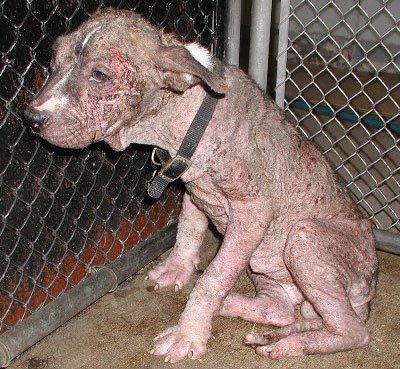Costa Rica News – Costa Rica’s Department of Animal Health and the Ministry of Environment and Energy have joined forces with Humane Society International/Latin America to support animal welfare programs in the country.
 The groups signed agreements to address companion animal, farm animal and wildlife protection programs.
The groups signed agreements to address companion animal, farm animal and wildlife protection programs.
Cynthia Dent, regional director of HSI/Latin America, said: “We are very encouraged to see the positive response from these institutions to continue developing these partnerships. These agreements show that awareness about the importance of animal welfare continues to grow and knows no political boundaries.”
The Ministry of Environment and Energy and HSI/Latin America will work together to improve existing legislation and draft needed regulations to supports the work in wildlife rescue centers and increases collaboration in the fight against illegal wildlife trafficking, among other points of collaboration.
Lic. Patricia Madrigal, vice minister of Environment and Energy, said: “Wildlife is the heritage of all Costa Ricans and should be valued, preserved and protected. We are very proud to sign this first agreement with Humane Society International/Latin America. Costa Ricans can count on the support of this administration to ensure the protection and welfare of wild species in the country, which have a biological and cultural value that should be preserved by future generations.”
For the third time, the Department of Animal Health and HSI/Latin America have paired up on behalf of animals. In their latest partnership, they will:
- Focus on campaigns to improve the general public’s knowledge of companion and farm animal topics.
- Provide training to government agencies, the police department and the police investigating bureau, which aim to improve knowledge about the proper handling of the animals and the evidence seized in raids.
- Strengthen and implement national legislation on dog fights and other issues relevant to animal welfare.
- Address animal welfare issues related to farm animals, promoting the consumption of more humane products and establish certification for products made using national and international animal welfare standards.
Facts
- Since April 2014 dog fighting is illegal and punished in Costa Rica (Law No. 9245) but still prevalent in parts of Costa Rica. Dog fighting often goes hand in hand with gambling, drug trafficking and the sale of illegal weapons.
- The illegal wildlife trade ranks amongst the largest illegal trades in the world linked to violence, drugs and human trafficking. The illegal wildlife trade threatens the survival of many species and results in the inhumane treatment of billions of animals every year.
- Dozens of major food companies, including McDonald’s, Burger King, Subway and Costco, have committed to eliminating gestation crates from their supply chains in the U.S. In the European Union, a ban on the continuous use of gestation crates came into effect in 2013. In Australia, permanently housing sows in gestation crates will be phased out by 2015 and 2017, respectively. In the United States, nine states have passed legislation to restrict this practice. South Africa is considering a restriction by 2020, and Canada has also banned the practice.
- The use of conventional battery cages for laying hens is banned throughout the EU, three U.S. states and Bhutan. The majority of states in India, the world’s third largest egg producer, have declared that the use of battery cages violates the country’s animal welfare legislation, and the country is debating a national ban.
- In Costa Rica, supermarkets Auto Mercado, Perimercados, Wal-Mart (Más x Menos) and Fresh Market sell cage-free eggs; various restaurants y hotels use only cage-free eggs.

